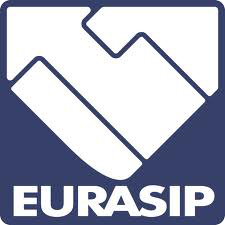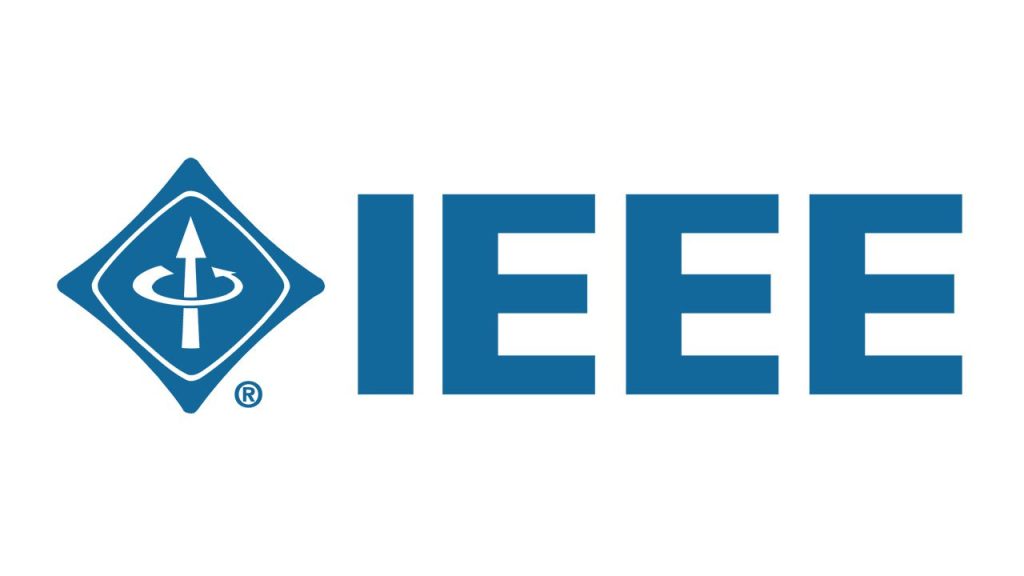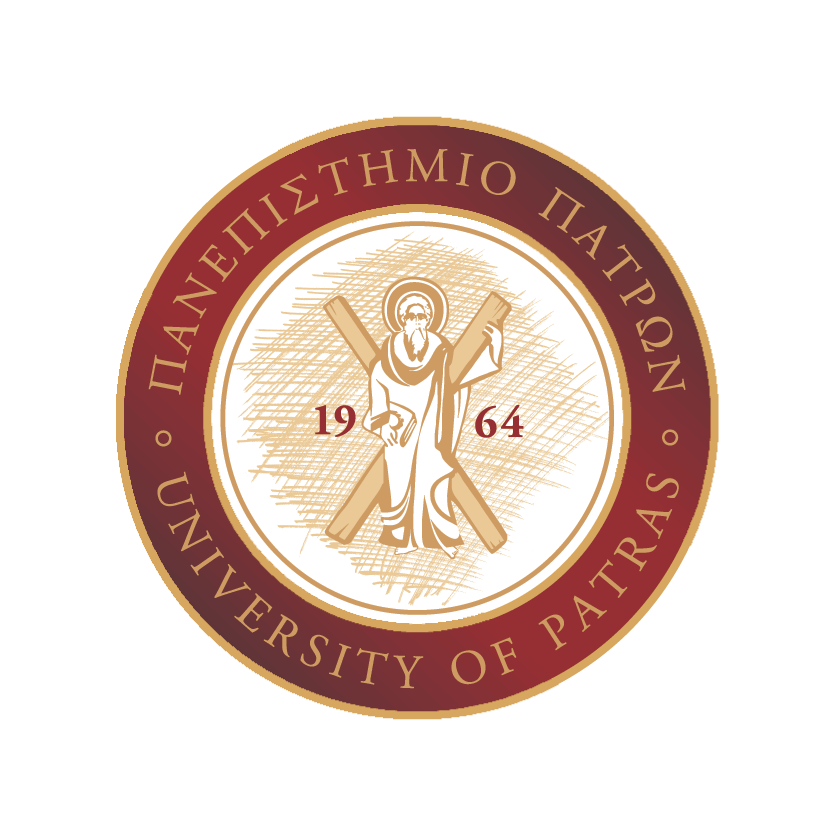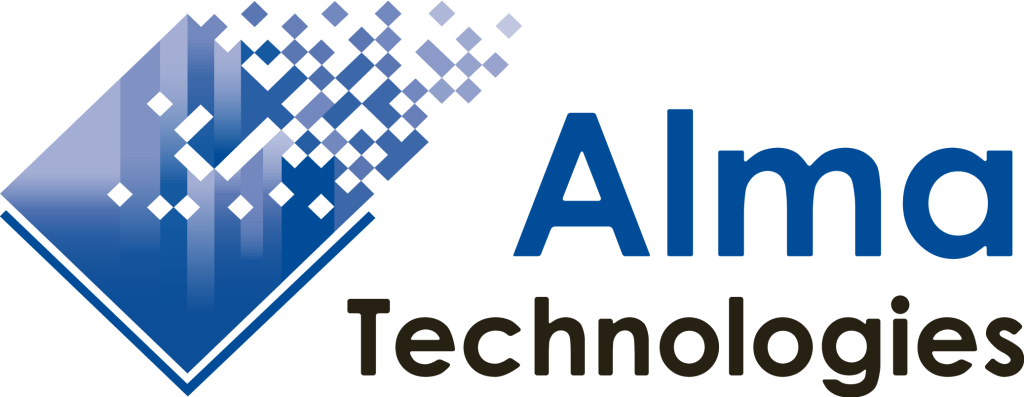Special Session 5
Special Session Title: Recent Advances and Challenges of DNA Digital Data Storage
Organisers: Marc ANTONINI, University Côte d’Azur and CNRS, France
Melpomeni DIMOPOULOU, University Côte d’Azur and CNRS, France
Elsa DUPRAZ, IMT-Atlantique, France
Description:
Today, we live in an increasingly digital society. Data storage is the foundation that drives our society from enabling data-driven decisions based on machine learning, to preserving our collective knowledge for posterity. Most of the world’s data is stored on magnetic media, like Hard Disk Drives (HDD) and tape, or optical media. Unfortunately, there has been an industry-wide consensus that all current storage technologies suffer from several fundamental density and durability limitations that seriously question our ability to even store, much less process, all of the world’s data in the near future.
The vision to which research contributes is the replacement of today’s storage media with a bio-inspired, radically new alternative – synthetic DNA. Interestingly enough, recent works have proven that storing digital data into DNA is not only feasible but also very promising as the DNA’s biological properties allow the storage of a great amount of information into an extraordinary small volume for centuries or even longer with no loss of information.
Pioneering work has already proposed different algorithms for the coding and protection of data stored in DNA, but there are still many challenges to be met.
The objective of this special session is to review the technological advances and major challenges in this field of molecular storage, highlighting issues related to signal and image processing as well as the theory of error correction codes and joint source/channel coding.
Biography of Organisers:
Marc Antonini is Research Director at CNRS and is leading the MediaCoding research team at I3S laboratory in Sophia Antipolis (France). He has held numerous leadership positions in the signal theory community. He is a driving force behind the European project “OligoArchive” on the issue of information storage on DNA. Since October 2021, he is the Program Director of the PEPR Exploratoire “MoleculArXiv” on Massive data storage on DNA and artificial polymers. Marc Antonini is since 2020 the chair of the international JPEG DNA working group for the definition of an image coding standard specific to storage on synthetic DNA. He is the author of more than 300 papers, 7 book chapters and 13 patents. His research activities cover in particular image and video coding as well as geometric processing and compression of surface meshes and point clouds. He is also interested in the analysis of the information contained by the neural code in the visual system, with bio-inspired applications in image and video compression. Since several years he started an activity on the storage of digital data in synthetic DNA.
His works on wavelet transform have been included in the JPEG2000 image coding standard. From 1995 to 2001, he was involved with CNES Toulouse in the Earth Observation program “Pléiades” for the definition of the on-board image coder. The image analysis solution he developed with his research group was implemented inside the image sensor on board the satellite (first launch in 2011).
He is co-founder and scientific advisor of Cintoo a company he created in July 2013, spin-off from University Côte d’Azur and CNRS. Cintoo develops technologies and solutions for managing and leveraging the 3D data coming from Reality Capture devices in the cloud. The company is growing, has done 3 fundraisings and now has 40 employees with an agency in the United States.
He is co-founder an Scientific Director of PearCode a company he created in October 2022, spin-off from University Côte d’Azur and CNRS. PearCode addresses private and public organizations willing to archive digital data by offering a low-carbon molecular storage solution using synthetic DNA which ensures the durability of storage, data integrity, and security.
He is Associate Editor for the IEEE Transactions on Image Processing (TIP) since 2021 and has been Associate Editor for the Eurasip Journal on Image and Video Processing (JIVP) from 2012 to 2021.
He received the medal of Université Côte d’Azur in 2013 and 2021 respectively.
He is a member IEEE. He is a member of AFNOR.
Melpomeni Dimopoulou holds a diploma on Computer Engineering and Informatics from the University of Patras in Greece. In 2016 she received her MSc degree on Computational Biology and Biomedicine from the Université Côte d’Azur in France. Fascinated by science and research she pursued her studies at a doctoral level and in 2020 she received a PhD degree on the subject of “Encoding techniques for long-term storage of digital images into synthetic DNA” under the supervision of Dr. Marc Antonini. During the 3 years of her PhD studies, Melpomeni has authored 2 journal articles and thirteen conference papers receiving a best paper award for the conference CORESA 2018, as well as a best student paper award in EUSIPCO 2019 with honorable mention. She is also co-author of one patent. In 2019, she won first prize in the regional contest of “Three-minute Thesis” of Côte d’Azur and received a prize of excellence from the Université Côte d’Azur for the quality of her studies. Since 2020, she has been working on a start-up creation project receiving several innovation prizes (Jeunes Docteurs Innovants, i-PhD, RISE CNRS Innovation) and has been selected as one of the young rising talents of France for the L’Oréal UNESCO contest “For Women in Science 2021”. In 2021 she has also participated as a speaker in the event of TEDx Cannes where she has given a talk on the topic of DNA data storage ( https://www.youtube.com/watch?v=NG9x03DQ7CI&t=2s ).
Melpomeni is currently co-founder and CTO of PearCode, a company he created in October 2022, spin-off from University Côte d’Azur and CNRS. PearCode addresses private and public organizations willing to archive digital data by offering a low-carbon molecular storage solution using synthetic DNA which ensures the durability of storage, data integrity, and security.
ELSA DUPRAZ is currently an assistant professor at IMT Atlantique, in Brest, France. Her research interest lie in the area of source coding, channel coding, and information theory, with applications to DNA data storage, in-memory computing, and goal-oriented communications. Before joining IMT Atlantique in 2015, she got her PhD degree from University Paris-Saclay in 2013, and she was a post-doctoral researcher with ENSEA in France and University of Arizona in USA, between 2013 and 2015.








